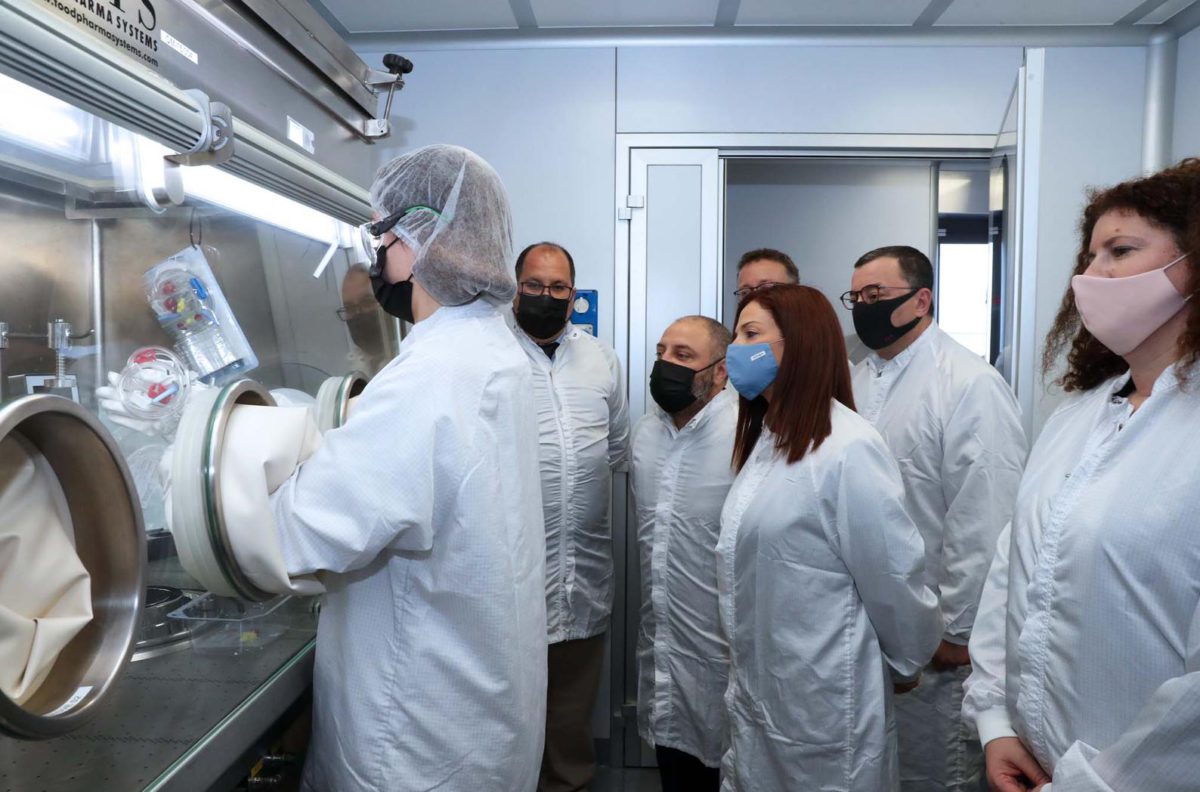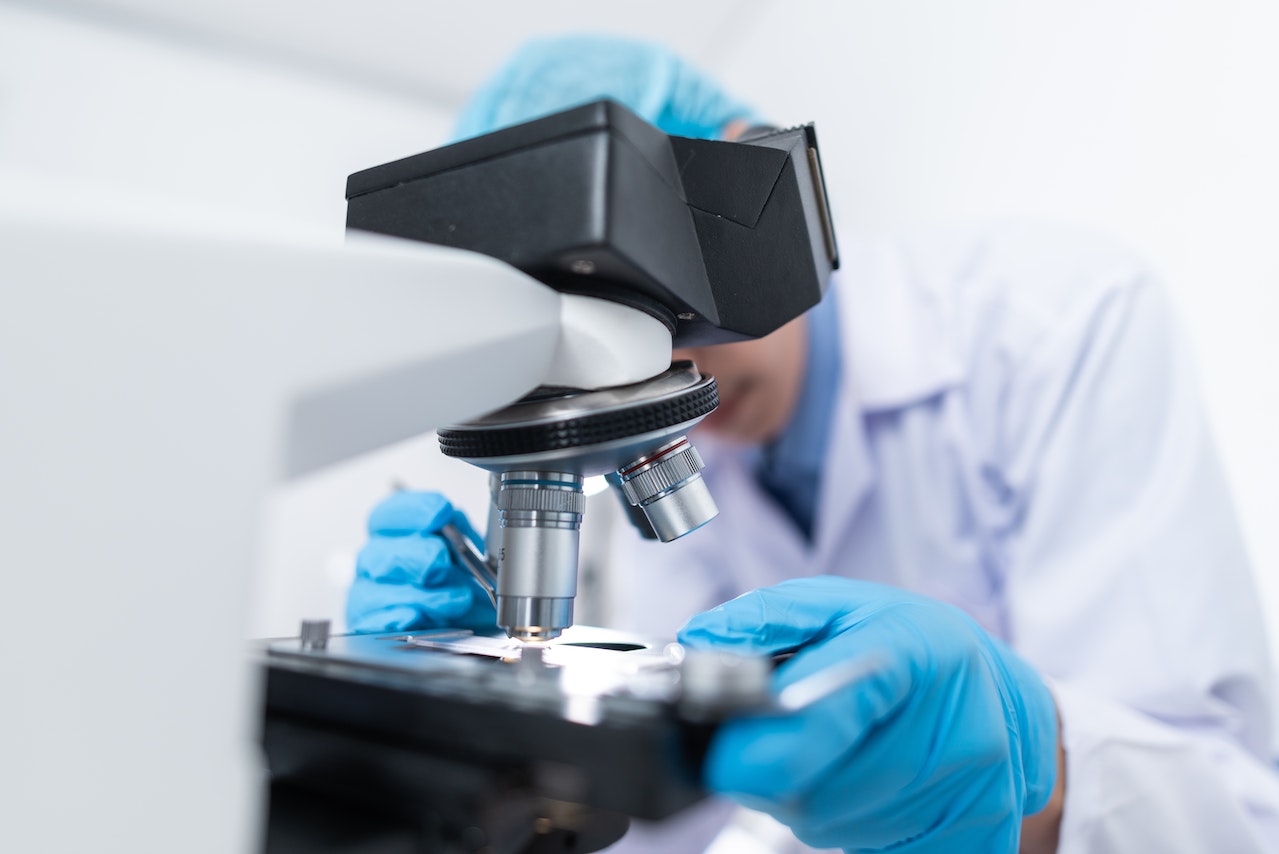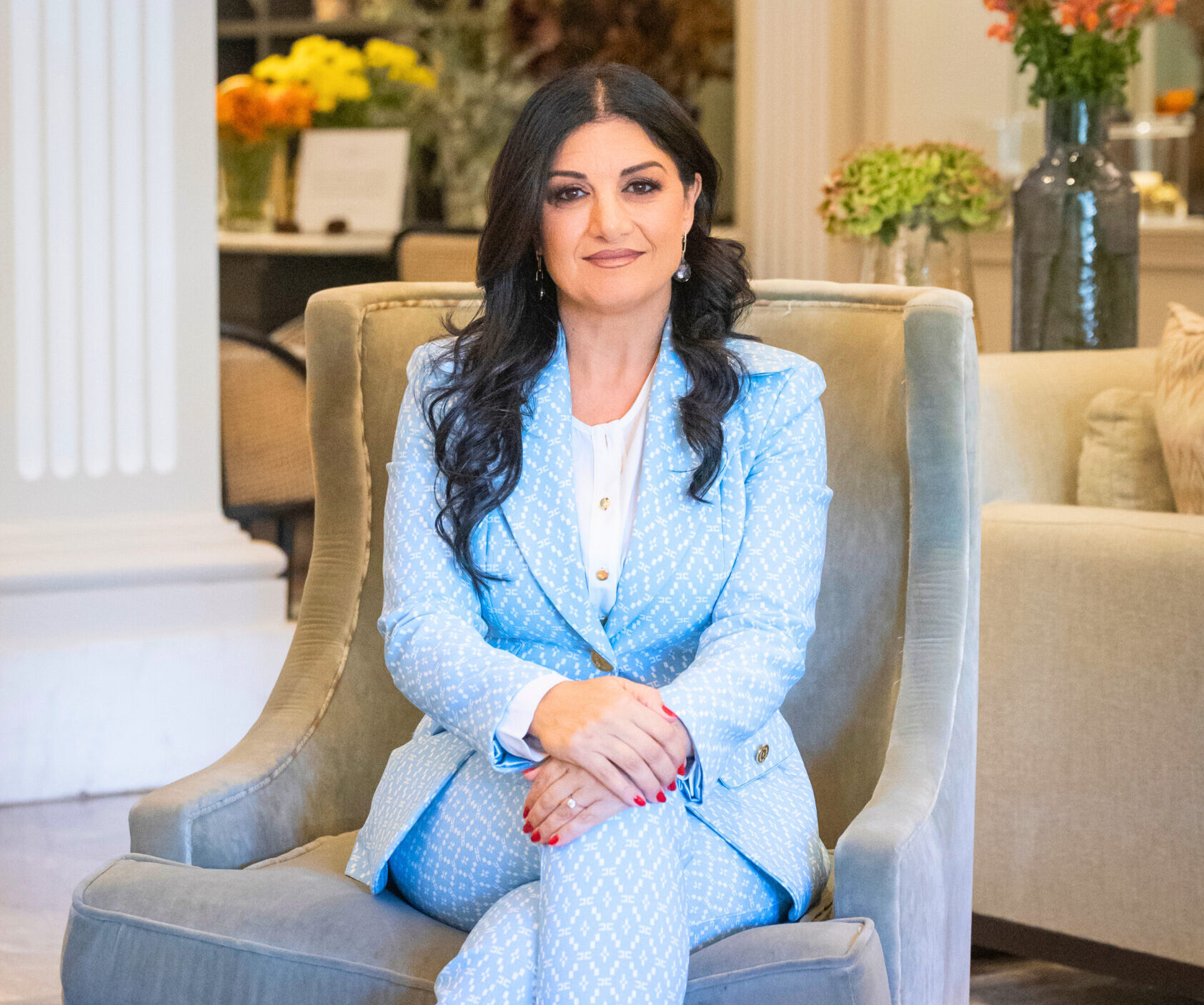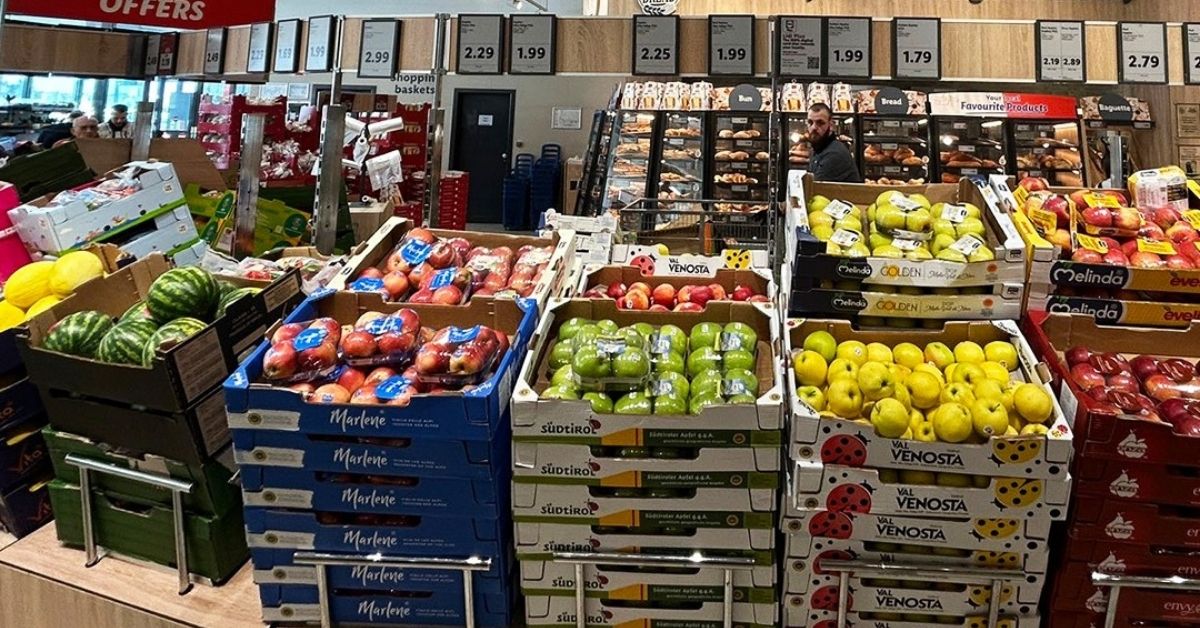Malta’s centuries-long tradition at the forefront of healthcare practice has rendered it fertile ground for life sciences undertakings requiring a workforce that is finely attuned to sensitive procedures.
Today, the sector is deeply embedded into the country’s economic fabric through the biotechnological, chemical, and especially pharmaceutical industries, which benefit from the short distance to key markets, government support, and open dialogue between industry stakeholders and education providers aimed at developing the potential of the country’s human resources.
Production of Generics
Firms engaged in the production of generic pharmaceuticals have proliferated, enticed by the enhanced speed-to-market made possible by Malta’s broad interpretation of the ‘Bolar exemption’.
As one of the few European Union countries to fully recognise the research exemption of the Patent Cooperation Treaty and European Patent Convention, Malta allows for the development of generic drugs prior to patent expiry, if they are not commercialised.
A generic drug can be manufactured, tested, and approved while the competitor’s patent is still in effect, enabling generic pharmaceutical companies to bring their product to market without delay upon the patent’s expiry.
Maltese laws incorporate all obligations arising from the Convention, ensuring that property rights registered in Malta automatically extend to the territories of all other signatories.
Malta Medicines Authority
Pharmaceutical manufacturers are licensed and monitored by the Malta Medicines Authority. Highly regarded domestically and internationally, it oversees operators’ compliance with Good Manufacturing Practices (GMP) while processing licences and authorisations for all medicinal products.
In this latter role, it is also a global market player, competing with other jurisdictions to attract pharmaceutical companies to register their products in Malta for batch release, testing, and validation.
As a European reference state, Maltese registration allows producers to market their products across the EU with a trusted seal of approval.
More affordable alternatives exist, but this is one sector where cutting corners is not advised. While some states provide cheaper registration, many of these then charge an export tax on every unit exiting the country, whereas Malta charges no such tax, making it the preferred choice for large companies with a significant amount of exports.

Life Sciences Park
Located just outside Mater Dei Hospital, the Life Sciences Park is a state-of-the-art complex designed to facilitate research and development in the sector by allowing companies to commence operations with minimal preparation.
As a life sciences hub closely connected to Malta’s main general and teaching hospital, and a short walk away from the University of Malta, it encourages organic synergies between operators and academia.
The establishment includes and offers biology and chemistry lab spaces ranging in size from 100 sqm to 300 sqm, meeting rooms, and a secure basement capable of accommodating specialised activities, such as storage of flammable liquids and gases, as well as general and hazardous waste.
Another building is dedicated to digital services, from imaging to software applications to data interpretation.
Other facilities and services include gene sequencing and analytical services units, production of human proteins from genetically modified plants, cyclotron radionuclide production for PET screening, and clinical testing and reporting of new chemical entities (NCEs) and generics.
Health Education and Tourism
Malta’s stellar quality of care is drawing increased interest from international clients looking for health treatments at competitive rates. Private operators receive patients from Europe and North Africa, with the use of English setting it apart from similar health tourism destinations.
This field is growing, but contains an as yet small number of private clinics and hospitals. It therefore perhaps presents a tantalising opportunity for investors with experience in the sector.
Another area Malta is actively nurturing is medical education targeted at international students. The recent opening of a campus of London University’s Queen Mary Barts and the London School of Medicine and Dentistry follows the lead of the University of Malta’s medical school in providing excellent training to hundreds of students hailing from five continents.
This feature was first carried in the Malta Invest 2023 edition. Malta Invest is the first-ever comprehensive international investment guide focusing on Malta as a destination. It is produced by Content House Group.
The Remarkable Collective: How Beverly Cutajar is reshaping Malta’s leadership development landscape
Led by Beverly Cutajar, The Remarkable Collective is reshaping how people and organisations grow - by design, not by default
Back in action: Lidl Malta confirms shelves are full once more
Lidl's shelves are full once more and deliveries are back on schedule.
Malta Chamber signs agreement with PsyPotential Ltd to advance corporate wellness in Malta
It aims to strengthen Maltese businesses by promoting best practices in leadership, professional development, and corporate wellness






